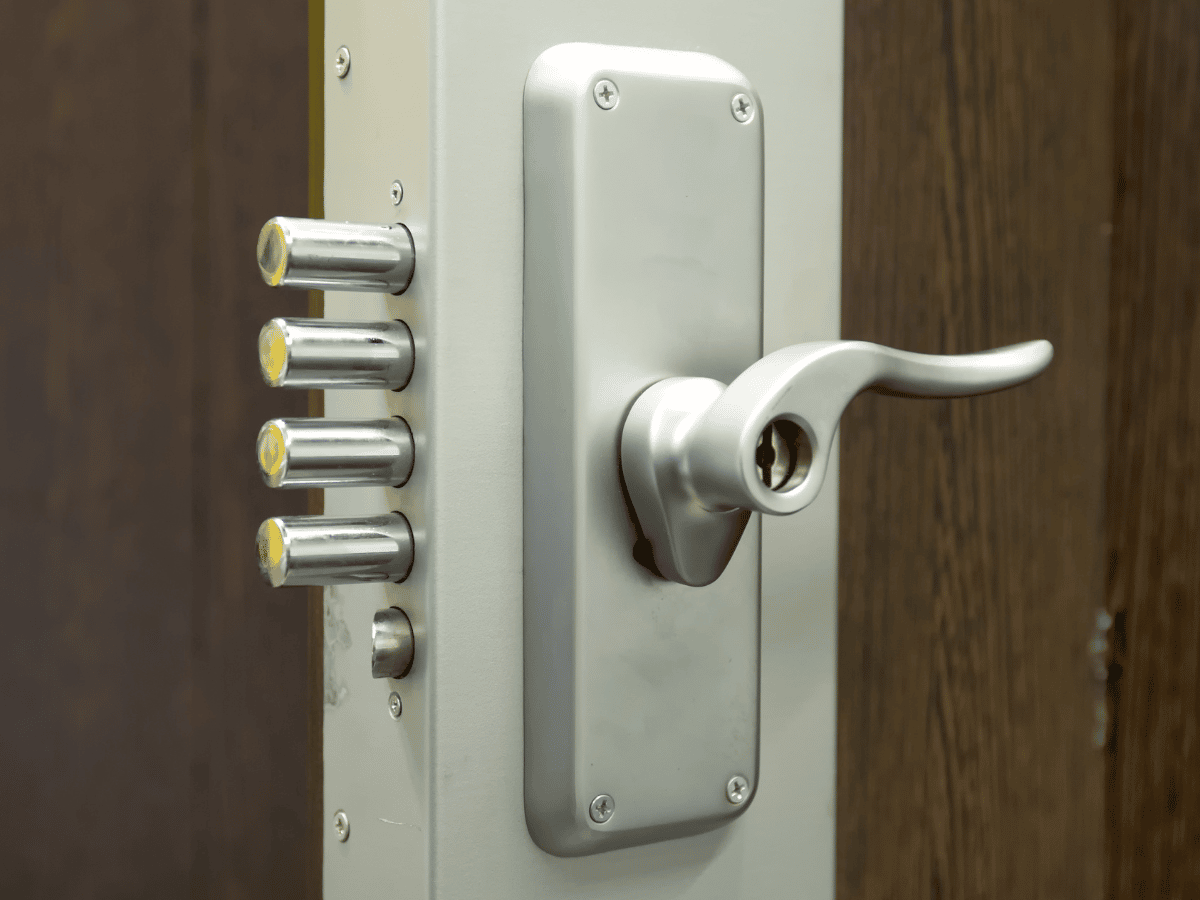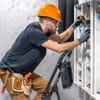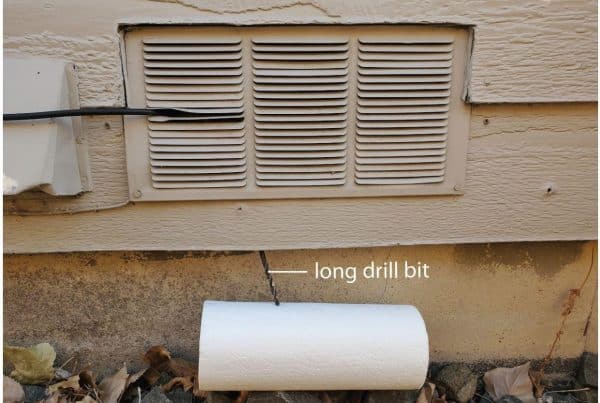If you’ve ever looked for a lock for your house or business, you’ve probably come across high-security locks and wondered what they are and how they differ from regular ones. As the name suggests, high-security door locks are far more difficult to pick and thus provide more security.
Some people dismiss the phrase “high-security” as marketing hyperbole, yet, this type of lock earns that title by providing a far more superior performance than regular locks. It means that it will be a lot harder for would-be criminals to pick the lock and gain entrance to your home or business.
The Complete Guide To High-Security Locks
Since high-end locks are more expensive than standard ones, you may be asking if they are worth it. The answer depends on how much you value the goods you’re safeguarding. If you place a high value on the objects you’re locking up, it’s worth the extra money to acquire high-end locks for extra protection.
“If you pay peanuts, you get monkeys,” or, to put it another way, “you get what you pay for,” is an adage that applies to high-security keys and locks. To offer high-end protection for your possessions and property, you must acquire high-security locks for your doors, windows, and other access points. There are less expensive lock systems available, but they sometimes provide just rudimentary protection, which is insufficient if you want to keep your valuable property safe from intruders.
According to a locksmith in Arvada, when classifying a lock as “high-security,” many elements must be examined. Read on to find out!
Features of High-Security Door Locks
1. Drilling Resistant
There are two well-known methods for preventing lock drilling. The first option is to install high-security deadbolts, which are considerably more difficult for potential thieves to drill since they are frequently installed within the entryway and feature thick steel bolts that are much more resistant to drilling.
The second method for preventing lock drilling is to install an anti-drill plate, a steel plate made with hardened, rugged steel. The brazing process hardens and resists drilling the steel plate, and brazen steel plates not only prevent drills from piercing the lock but have also been reported to smash drills.
2. Hardware
Strong locks are typically heavier than regular ones because they are built of solid, high-quality metal that resists fracture and drilling. The heavier the lock, the stronger the lock is a basic rule of thumb.
A lightweight lock will be less expensive, but the trade-off will be a lack of performance. For instance, a lighter lock may be built of a cheaper, thinner metal and incorporate plastic elements. As a result, the lock is easier to pick, penetrate, or break, providing less security.
3. Patented Keyways
Everyone will experience a lockout at some time in their lives. To avoid getting locked out, it’s wise to have a duplicate set of keys made. However, it is also crucial to keep in mind that each duplicated set of keys diminishes the security level provided by the lock. Each duplicate key increases the possibility that an unauthorized person may obtain the key and gain access to your home or business.
The best way to avoid this is to ensure that your high-security lock has patented keyways, which means that only the original machine that manufactured the keys can create copies.
4. Tougher Bolts
A high-security lock’s bolt must be strong, and the lock’s metal components must be hefty. The strength of the bolt is essential to the lock’s overall performance. A strong, robust bolt will withstand impact and equipment like saws and drills. For example, a strong, thick bolt should be able to sustain a person ramming their shoulder on the door, a battering ram, or being pierced or shattered by a saw or drill.
High-Security Locks on Commercial Property
All commercial establishments will have cash and other valuables on the premises, necessitating the installation of a security system. A manual and an electronic security system are standard in most modern enterprises. The manual component will typically include high-security locks on all premises’ entry points. These locks will be supplemented by electronic equipment like security cameras and sensors, forming an entire security system.
Cost Considerations for High-Security Door Locks
High-end additional security door locks are designed for consumers who value security and are ready to pay more for a lock. Security may be needed for peace of mind or, as previously said, to safeguard essential possessions. Aside from supply and demand, the price of a security lock will vary depending on how many safety features it has. When it comes to high-security locks, better protection usually nearly comes at a higher expense. Heavier metals are more expensive, and complex keyways are more expensive.
The Bottom Line
Security locks may keep unwelcome visitors out of your house or business and curious hands away from your valuable things. A high-security lock system eliminates the potential and creates a severe hurdle for unauthorized individuals attempting to access your house or company. High-security locks can be used as a standalone security system for your house or company or as part of a combined manual and electronic security system.








